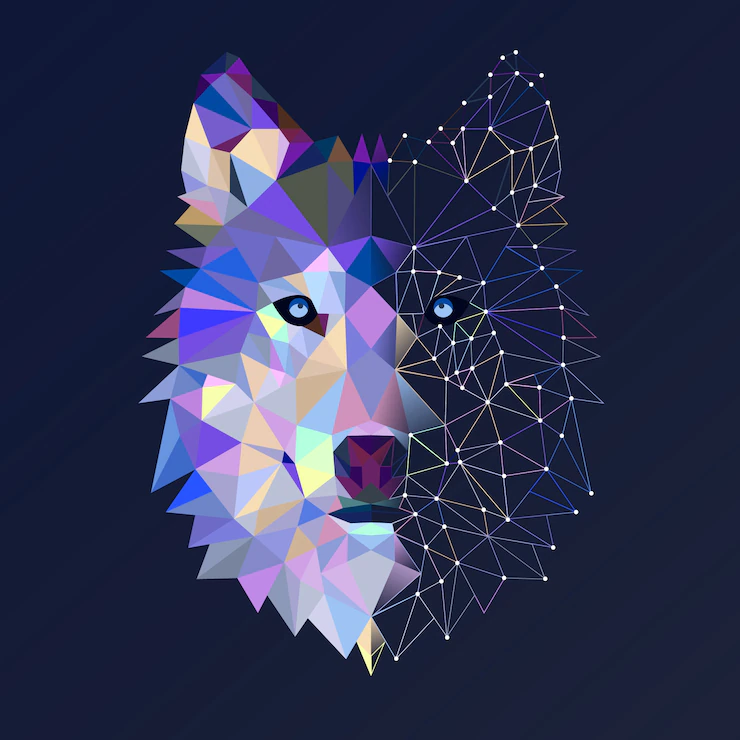The rise of non-fungible tokens (NFTs) has transformed the way artists and creators monetize their work. NFTs provide a unique opportunity for South African creatives to showcase their talents, gain exposure, and earn a living in the ever-evolving gig economy. In a country known for its rich cultural heritage and diverse artistic expressions, NFTs and freelancing offer a promising avenue for creatives to thrive.
Freelancing has become increasingly popular in South Africa, driven by the growth of digital platforms and the need for flexible work arrangements. The gig economy provides a range of opportunities for artists, designers, photographers, writers, and musicians to offer their services directly to clients around the world. This newfound flexibility allows creatives to pursue their passions while maintaining control over their work and schedule.
NFTs, on the other hand, have disrupted the traditional art market by leveraging blockchain technology to authenticate and sell digital assets. Unlike physical artworks, NFTs are unique and indivisible tokens that can represent anything from digital art, music, videos, virtual real estate, or even tweets. The blockchain technology behind NFTs ensures that each token is one-of-a-kind and can be easily bought, sold, and owned by collectors.
For South African creatives, NFTs provide a platform to showcase their unique artistic expressions and reach a global audience without the need for intermediaries. Artists can create digital artworks or multimedia projects and mint them as NFTs, allowing collectors to purchase and own these digital assets. The decentralized nature of NFTs also enables artists to retain control over their work and receive direct compensation for their creations.
One of the key advantages of NFTs for South African creatives is the ability to earn royalties on secondary sales. Traditionally, artists would sell their artwork to a collector or gallery and receive a one-time payment. However, with NFTs, artists can program smart contracts that entitle them to a percentage of the sale every time their work is sold in the future. This feature ensures that artists can continue to benefit from the appreciation of their work even after the initial sale.
NFTs have opened up new possibilities for South African freelancers beyond traditional artistic mediums. Musicians can release exclusive tracks or albums as NFTs, providing a unique listening experience for collectors. Writers can tokenize their stories or articles, granting readers ownership and access to limited editions of their work. Photographers can sell digital prints or licenses as NFTs, giving collectors the opportunity to own unique, high-quality images.
The adoption of NFTs and freelancing in South Africa has been met with enthusiasm by many creatives. It provides an alternative income stream and empowers artists to monetize their work directly, reducing reliance on traditional gatekeepers and middlemen. Moreover, NFTs create opportunities for artists to collaborate, share resources, and engage with a global community of collectors and enthusiasts.
However, it is important to acknowledge the challenges that South African creatives may face in fully embracing NFTs and freelancing. Access to reliable internet connections, digital literacy, and understanding the intricacies of blockchain technology can be barriers to entry for some artists. Additionally, the volatile nature of cryptocurrency markets and the environmental concerns associated with blockchain technology are areas that require careful consideration.
Nonetheless, the potential benefits of NFTs and freelancing for South African creatives are immense. These emerging technologies offer a path to financial independence, creative autonomy, and global recognition. Through NFTs and freelancing, South African artists can amplify their voices, celebrate their cultural heritage, and contribute to the ever-expanding digital art landscape while creating a sustainable livelihood in the gig economy.










